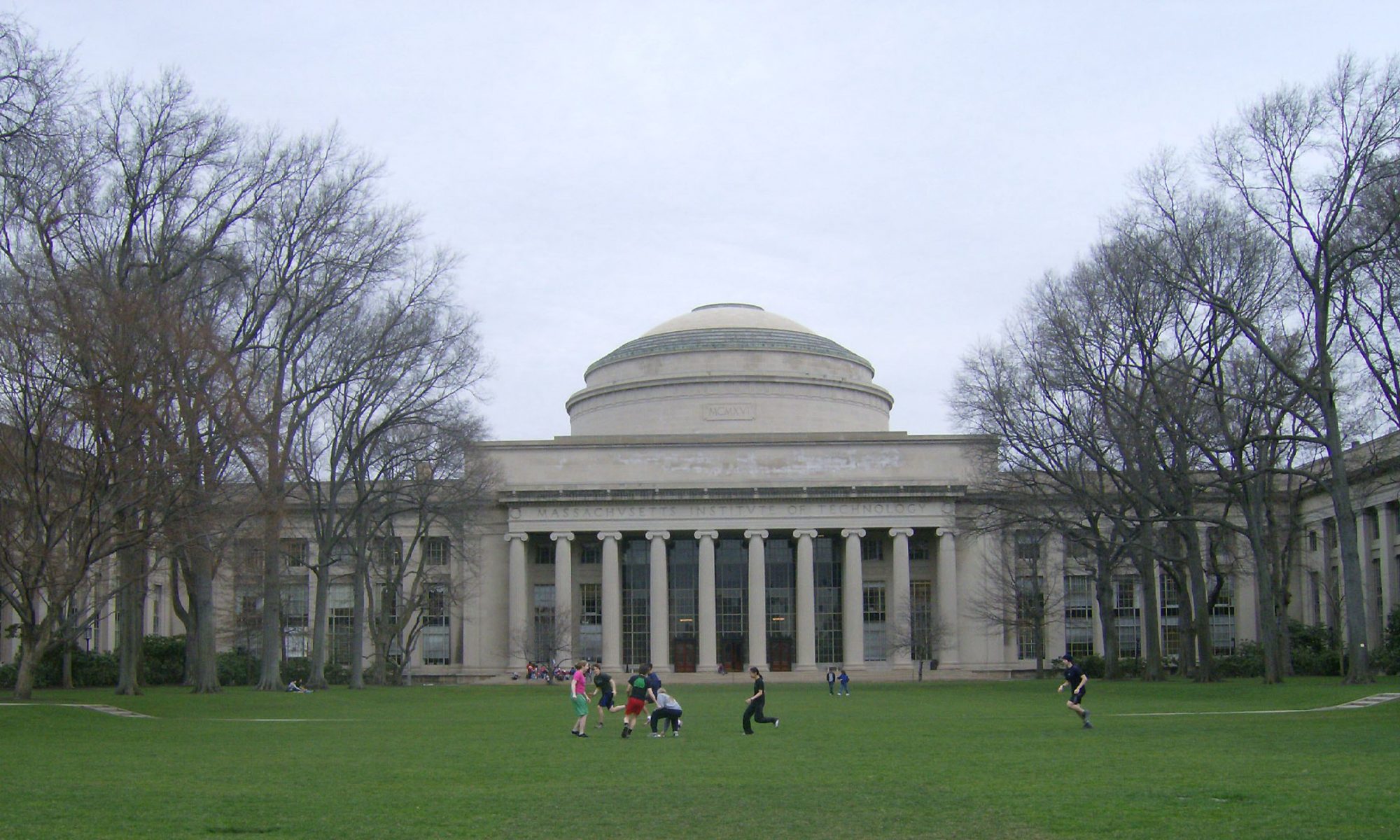General: Lebanon Valley College (LVC) is a private residential college of 1630 students on a 345-acre campus in Annville, Pennsylvania, 10 minutes from Hershey. The buildings are architecturally mixed and the college has impressive physical education facilities. The 4-year graduation rate is 70%. About one quarter of students are commuters. The remaining students have housing for all four years.
What’s new: The school has just started a self-designed major, which must include at least two disciplines. The school has a new President, Dr. Lewis Evitts Thayne, who came on August 1. He would like to increase the school’s diversity geographically, ethnically, internationally, and racially. Arnold Field was renovated over the summer with artificial turf, track resurfacing, and new lighting.
Academics: Teaching is the #1 priority for professors. Classes are generally small, with an average class size of 20. The largest classroom on campus holds 70 students. The school encourages students to study abroad/away, do internships and/or research. Students often do travel abroad in the summer (e.g., education majors in London, business students in the Netherlands). In addition to travel abroad in about a dozen countries, there is study away in Philadelphia and Washington DC. Education placements start in the freshman year. One hundred employers come to campus in January.
The school is probably best-known for its 6-year Physical Therapy (PT) program. The school also has other unusual majors including actuarial science, music business, music recording technology, and digital communications.
Extra-curricular activities: The school has Greek life, Division III sports, including football, and a Marching Band. There are 540 student athletes, 120 students in the marching band, and 100 students involved with the theatre. There are 90 clubs and organizations, including many faith-based groups. The students do over 18,000 hours of community service a year. There is a 4-day social justice program in January. 300 to 400 students attend the Friday night comedy series.
Admissions: The school has rolling admissions with 60 – 65% acceptance rate. The school is test optional.
All of the 4 types of music majors require an audition.
In order to apply for the PT program students must have shadowed physical therapists for at least 15 hours in each of two different clinical settings. Only 85 students are accepted to the PT program out of about 500 applications. PT students are admitted to the college first and then considered for the major.
Financial Aid: 98% of LVC students get some form of financial aid. There is both need-based and merit aid.
The top 30% of students get academic scholarships. Merit aid of 50% off of tuition is provided to students in the top 10% of their high school class. Merit aid of one third off of tuition is provided to students in the top 20% of their high school class. Merit aid of 25% off of tuition is provided to students in the top 30% of their high school class. Students with an SAT score of 1100 (2 sections) with no ranking or ranking lower than 30%, have an opportunity for a merit scholarship via an interview.
There are multicultural scholarships valued between $2 and $12K.
PT majors receive one-third off scholarship for their 5th and 6th year of school.
LVC and Bias: When I visited in mid-November, a freshman had found a piece of paper with a sketch of a person lynched. The school responded quickly. There was a special edition of the school newspaper, a student and faculty gathering to raise awareness and speak out against racism, and the president responded. The school has a Bias Response Team, which was created in 2005 after several incidents of racial and homophobic comments in which two students were charged.

